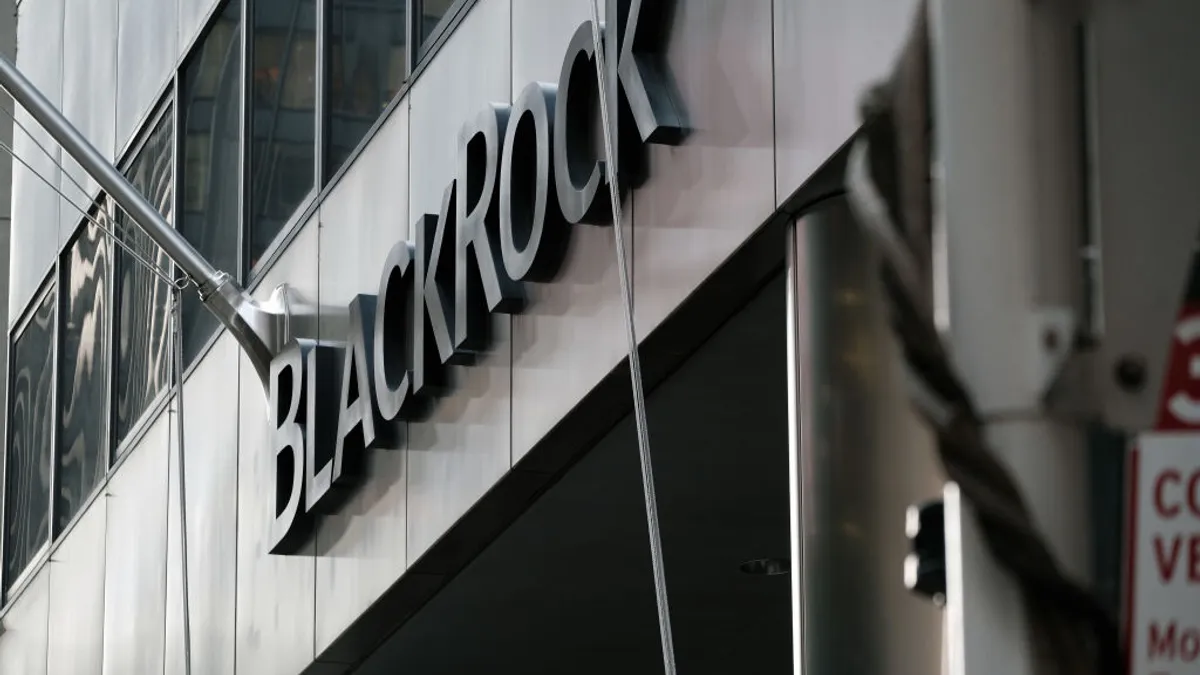BlackRock will be handling the sale of $114 billion in securities previously held by Signature Bank and Silicon Valley Bank, which both collapsed last month.
The Federal Deposit Insurance Corp. said Wednesday that BlackRock will sell off the banks’ portfolios, valued at $27 billion and $87 billion, respectively, in a “gradual and orderly” fashion.
To mitigate the adverse impact on the market, BlackRock will consider daily liquidity and trading conditions while conducting the sales, the FDIC said.
The securities for sale are primarily composed of agency mortgage-backed securities, collateralized mortgage obligations, and commercial mortgage-backed securities.
The FDIC took over SVB on March 10 following an all-time, one-day customer withdrawal record of $42 billion. Two days later, the New York State Department of Financial Services shut down Signature and put the bank into receivership with the FDIC.
These marked the second- and third-largest bank failures in U.S. history. Washington Mutual Bank, which failed in 2008, remains the largest.
While both failed banks found buyers — SVB in First Citizens BancShares, and Signature in Flagstar Bank — the acquiring banks were less inclined to take on securities that have steeply dropped in value. Those devalued securities and mortgage obligations remain in the FDIC’s possession.
BlackRock is no stranger to managing debt for failed banks at the request of the U.S. government. The firm won contracts from the Federal Reserve and Treasury Department in 2008 to manage $130 billion in debt once owned by Bear Stearns and American International Group.
A spokesperson for BlackRock did not return a request for comment.













